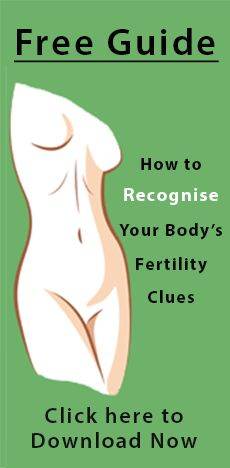In the lead up to menopause (peri-menopause refers to 1 year before and 1 year after the last period), periods start to do all sorts of things, they may get heavier or lighter, last longer or get shorter in duration, they may start and stop, and they may no longer happen at regular intervals. Usually these changes seem to happen about 2 years before the last period occurs.
As ovulation may still be happening until that 12 months after your last period, it is probably best not to assume that you have had the last period until the 12 months is up. Therefore you may need to ensure that your method of contraception is reliable until the end if you do not wish to get pregnant.
It’s important to remember that not everything that happens around the time of menopause is menopause.
Physical Changes During Menopause
In the menstrual cycle there are three main players which are the brain, the ovaries and the uterus.
When the the ovaries go into retirement at menopause, it may take the brain some time to adjust to the fact that the ovaries are not responding in their customary hormonal tango.
The brain is still sending out its hormonal messengers but is not getting the required response from the ovaries. All this time however, the hormones are still stimulating chemical (and therefore physical and emotional) reactions in the woman’s body and this may be a major factor in all the symptoms and difficulties that some women have in adjusting at this time.
How a woman copes with menopause depends on her genetic heritage (so how did your mum, grandmother, and aunts cope?), physical environment, and emotional and spiritual outlook, attitude and support.
A woman may be coping just fine, but if she experiences crises in other areas (with her partner, job, children, teenagers) of her life, the added stress may compound and increase her menopausal distress. All these outside factors affect the female hormones and therefore affect the menopause experience.
Common Menopausal Experiences
- hot flushes / flashes which can be on any part of the body at any time of the day or night at any frequency.
- night sweats
- restless legs
- insomnia
- headaches / or migraines that get worse
- palpitations
- anxiety/ panic attacks
- mood swings
- irritability
- depression (can exacerbate normal predisposition to depression)
- altered memory or concentration
- “Just not Coping” or “Am I going mad Doctor?”
- Fatigue
- Loss of or reduced or sometimes increased libido/sex drive
- vaginal changes (drier or pain during sex)
- breast tenderness
- bloating

